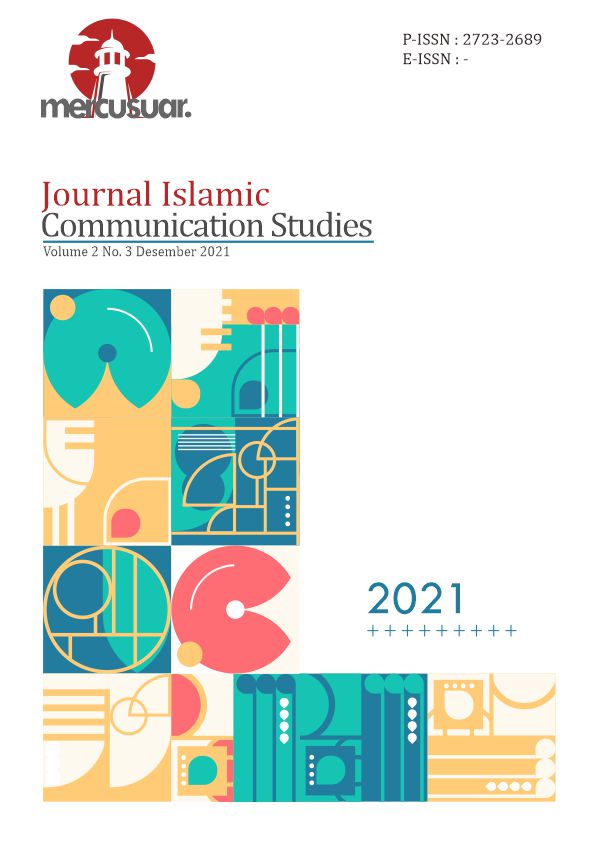The Nahdlatul Ulama Preaching Movement in Overcoming Apostasy in Gorontalo Province
Abstract
This research aims to uncover the implementation of Nahdlatul Ulama's dakwah movement in addressing apostasy in the village of Tabulo. The village of Tabulo, which is predominantly Muslim, is infiltrated by apostasy practices carried out by some Christian individuals in a covert manner. As a response to these apostasy practices, Nahdlatul Ulama's dakwah movement emerges as an effort to address them. This research uses a qualitative research approach with a sociology and dakwah approach. The research subjects are Nahdlatul Ulama officials in the Mananggu sub-district, and there are 17 informants in this research. Data collected in this research are obtained through observation, interviews, and documentation methods. The results of this research indicate that Nahdlatul Ulama's dakwah movement in addressing apostasy in Gorontalo province, especially in Tabulo village, is realized through various forms of implementation. Nahdlatul Ulama's dakwah is taken through cultural approaches. This can be observed in the implementation of activities such as wunungo and paiya lohungo lopoli, where the substance of the activities is directed towards dakwah. In addition, there is also the distribution of social assistance, interfaith discussions, and the distribution of tauhid bulletins. In their dakwah material, Nahdlatul Ulama also selectively conveys things that are intended to build a sense of wisdom in religious differences. Through these efforts, Nahdlatul Ulama received a positive response from various parties, especially from the Tabulo village community, the village government, and other relevant parties.


